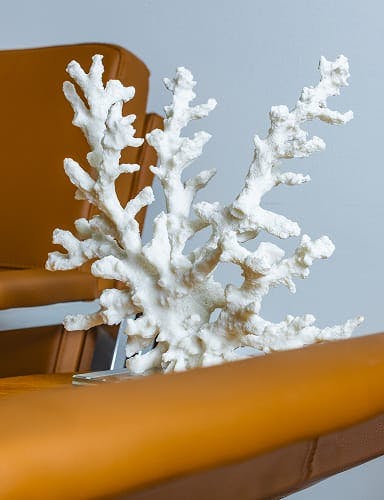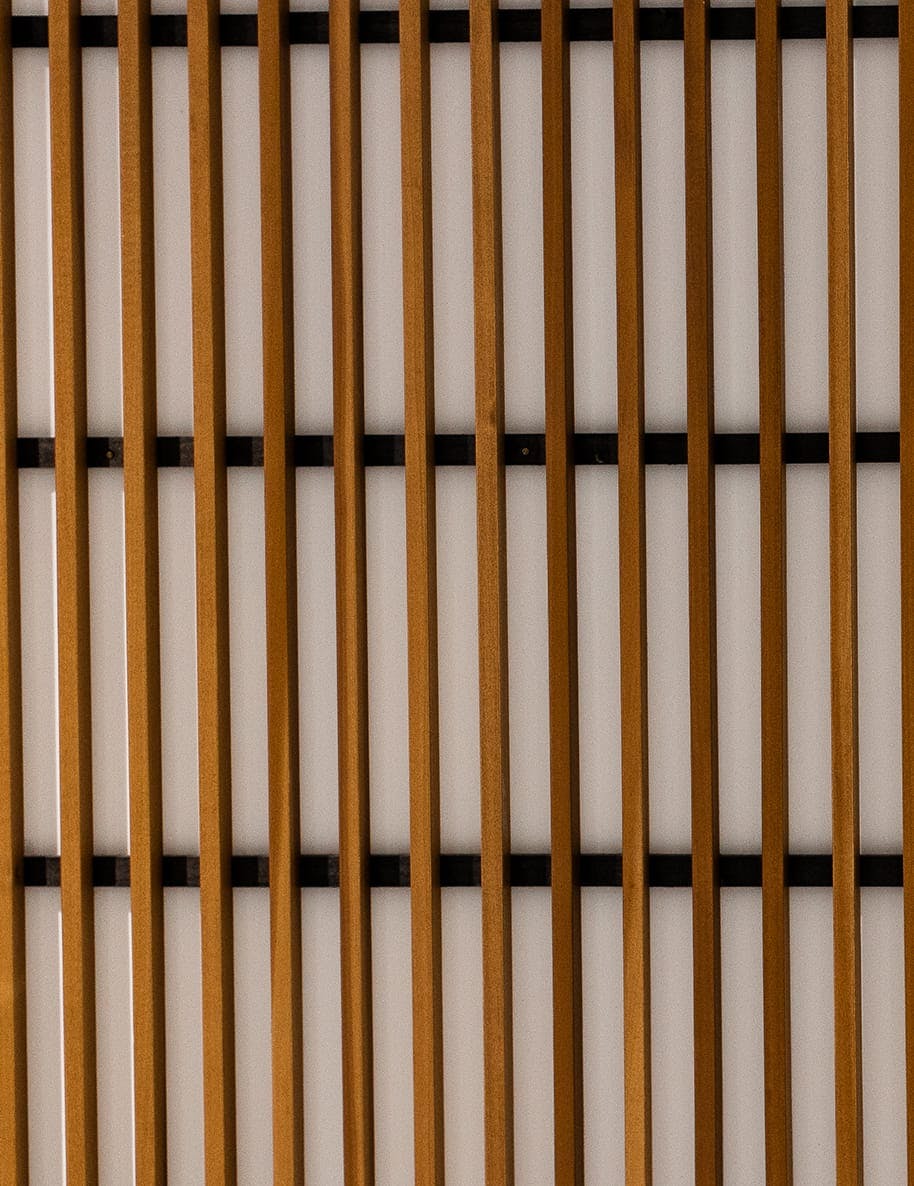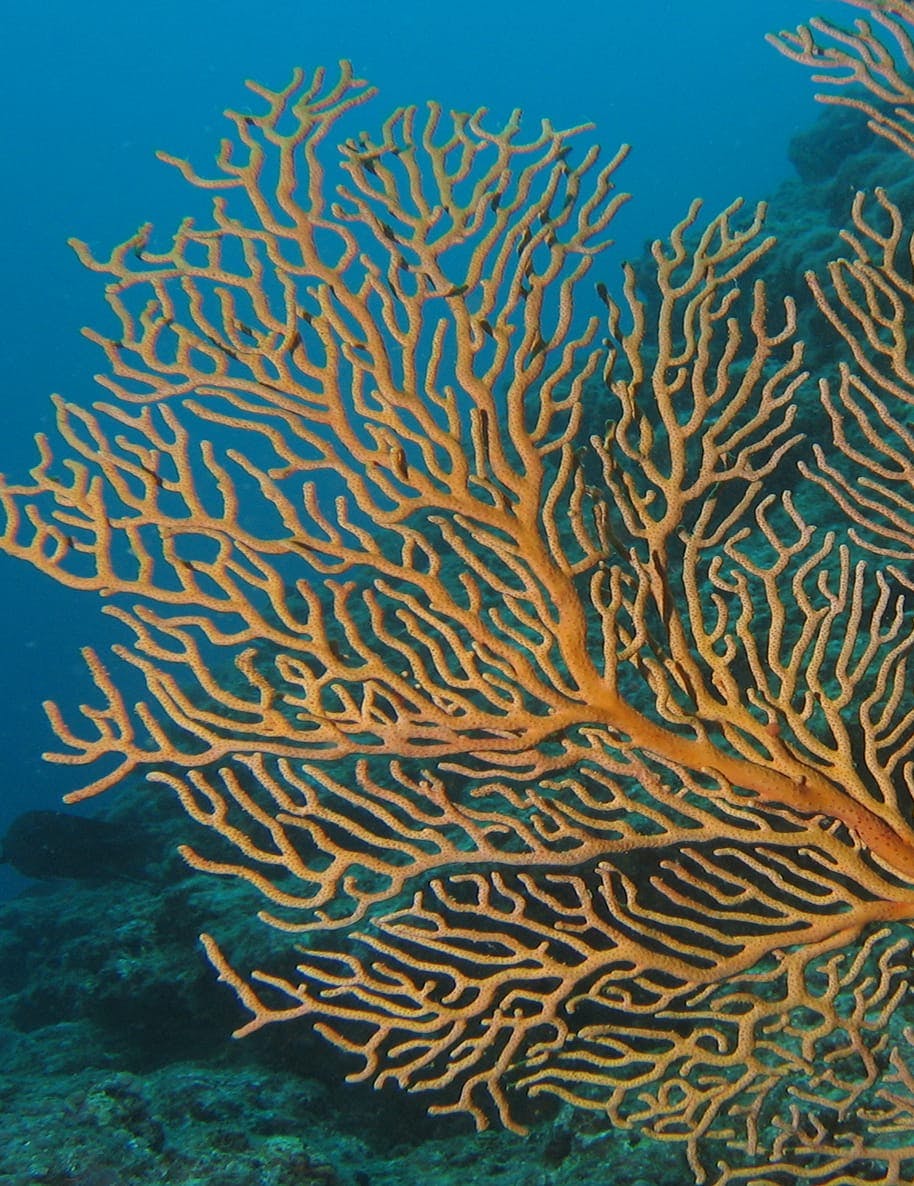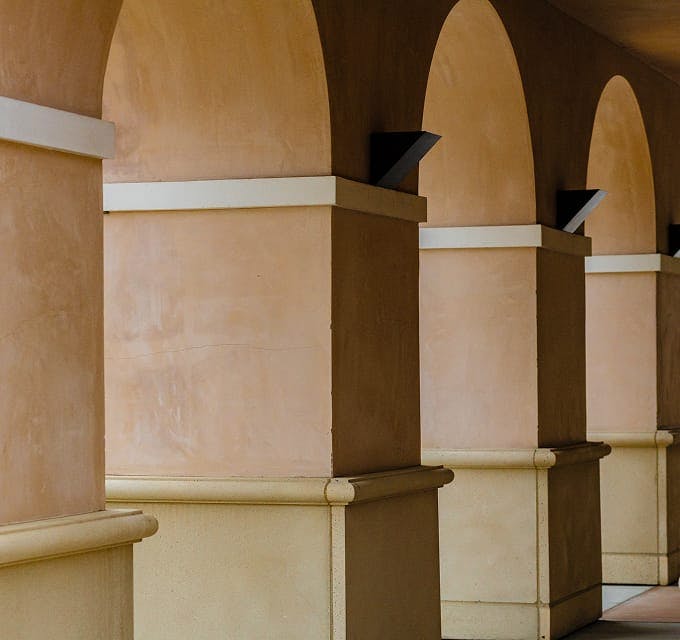Breast neurotization restores both the shape and the sensation of the breasts, helping patients feel whole and connected to their bodies after reconstruction.
What Is Breast Neurotization?
Breast neurotization is a specialized microsurgical procedure designed to restore sensation to the reconstructed breast following a mastectomy. During traditional breast reconstruction, nerves that once carried sensation to the breast and nipple area are often severed when breast tissue is removed. This can result in numbness, decreased sensitivity, or a disconnect between how the breast looks and feels. Neurotization addresses this by reconnecting or “grafting” nerves from the chest wall to the nerves within the reconstructed breast. This connection allows new nerve fibers to regenerate and reestablish communication with the brain, gradually restoring feeling over time. When performed alongside breast reconstruction—particularly autologous flap reconstructions such as DIEP, TRAM, or PAP flaps—neurotization offers patients a more complete recovery, improving both physical sensation and emotional healing.













